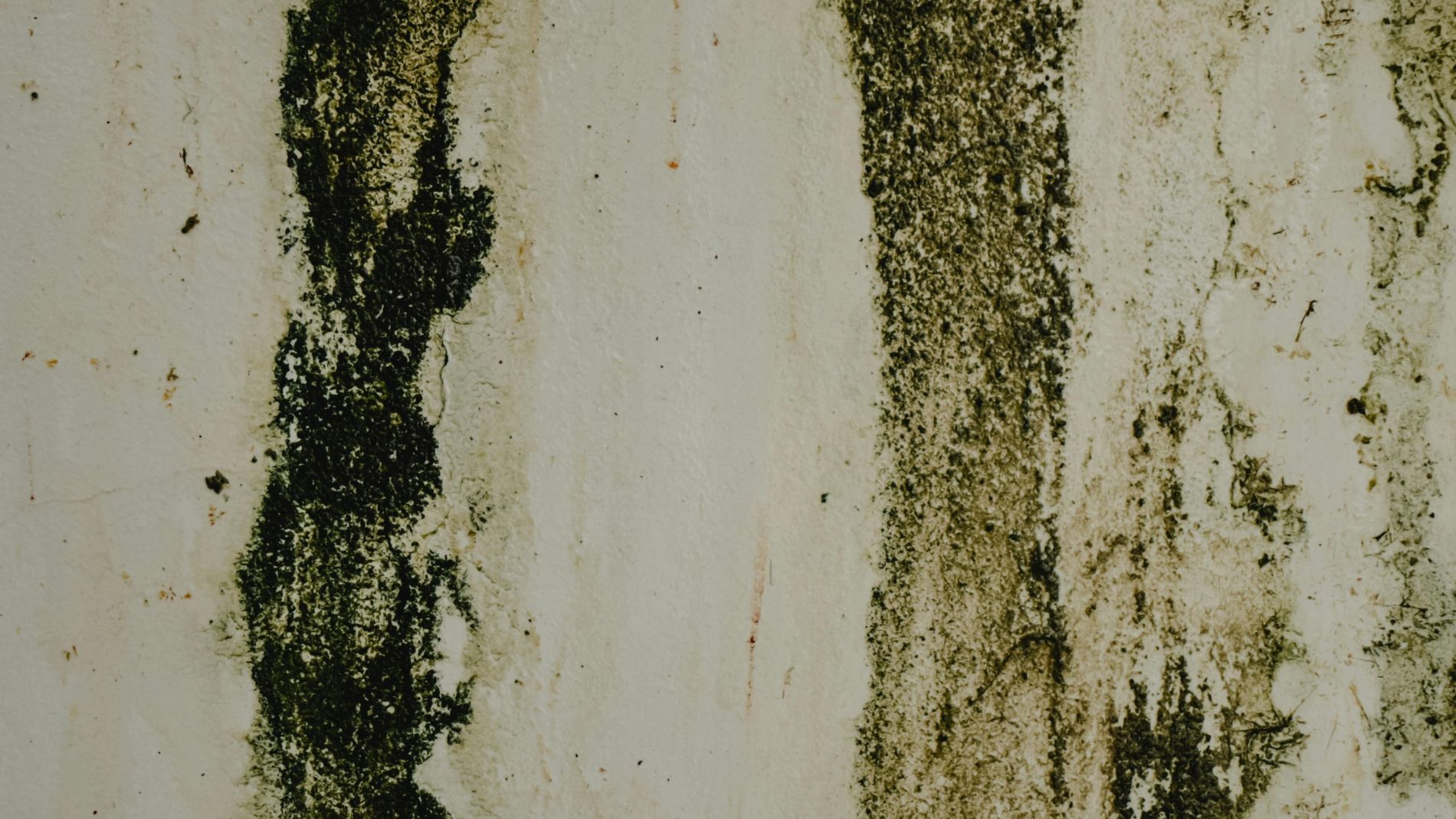Did you know that living or working in a moldy environment could be affecting your brain health? Mold exposure doesn’t just cause allergies or respiratory issues—it can also impact your nervous system in ways you might not realize. Research shows that mold can trigger neuroinflammation, or inflammation in the brain, by activating the immune system. This can lead to symptoms like brain fog, memory issues, and even mood changes like anxiety.
So, can mold affect your brain? The answer is yes. From brain fog to the worsening of neurodegenerative diseases, mold toxicity is a hidden trigger that often goes undiagnosed.
At my clinic, I, Dr. Jamie Ahn, ND, help patients uncover the root causes of their neurological symptoms. If you’ve been struggling with unexplained fatigue, cognitive issues, or worsening conditions like Parkinson’s or ALS, mold exposure may be the missing piece of the puzzle. Let’s explore how mold can affect your brain, symptoms to watch for, and steps to eliminate its impact on your health.
How Can Mold Affect Your Brain?
Mold produces harmful compounds called mycotoxins, which are small enough to cross the blood-brain barrier. Once inside the brain, these mycotoxins can:
- Trigger neuroinflammation, leading to brain fog, memory problems, and mood disturbances.
- Cause oxidative stress, damaging neurons and contributing to neurodegenerative diseases.
- Disrupt mitochondrial function, reducing energy production in brain cells and worsening fatigue.
A 2019 study showed that chronic exposure to mold can increase the risk of neurodegenerative diseases like Parkinson’s, ALS, and multiple sclerosis. It found that mold can affect your brain by impairing neuronal signaling and promoting inflammation, which accelerates disease progression.
This study also found that mold exposure decreased the production of new brain cells in the hippocampus—the area of the brain responsible for memory and learning—while increasing inflammatory markers like IL-1β, which are linked to neurodegenerative diseases like Alzheimer’s and Parkinson’s.
What’s even more concerning is how mold exposure can sneak into your life. Mold spores and their byproducts can cross into your brain through your nose (via the olfactory nerve) or by triggering systemic inflammation that eventually affects your nervous system.
This means that long-term exposure, even at low levels, could gradually contribute to problems like cognitive decline, fatigue, or persistent mood issues. As a functional medicine and naturopathic doctor, I take these findings seriously by using specialized testing to uncover mold exposure and its effects on your body.
Symptoms of Mold Toxicity in the Brain
If you’re asking, “Can mold affect your brain?” consider these common neurological symptoms associated with mold exposure:
- Brain Fog: Difficulty focusing, memory lapses, and mental fatigue.
- Headaches or Migraines: Persistent pain often linked to mold-related neuroinflammation.
- Chronic Fatigue: A hallmark symptom caused by mitochondrial dysfunction in brain cells.
- Mood Changes: Increased anxiety, depression, or irritability.
- Neuropathy: Tingling, numbness, or other nerve-related symptoms.
- Worsening Neurodegenerative Symptoms: Mold can exacerbate conditions like ALS, Parkinson’s, or MS.
Even if symptoms seem mild or unrelated, chronic exposure to mold could be contributing to a gradual decline in neurological health.
Mold Testing: How to Determine If Mold Is Impacting Your Brain
If you suspect mold exposure, comprehensive testing is critical to uncover its effects. At our clinic, we use advanced methods to determine if mold is affecting your brain:
- Mycotoxin Testing: Urine tests detect harmful mycotoxins like ochratoxin A and trichothecenes.
- Neuroinflammatory Markers: Blood tests for cytokines and other markers reveal brain inflammation caused by mold.
- HLA-DR Testing: Identifies genetic predisposition to mold sensitivity and detoxification challenges.
- Environmental Mold Testing: Recommendations for professional mold inspections in your home or workplace.
These tests provide a clear picture of how mold may be contributing to your symptoms and impacting your neurological health.
Mold Treatment: Addressing Mold’s Effects on Your Brain
Once we see what’s occurring on a cellular level, we will create a personalized strategy for you, like reducing mold in your environment, supporting your detox pathways and mitochondrial health with nutrients, and calming inflammation with anti-inflammatory supplements which can make a huge difference in protecting your brain health and overall wellness. The good news is that mold toxicity is treatable.
These steps not only remove mold from your system but also repair the damage it may have caused to your brain and nervous system.
Can Mold Affect Your Brain Long-Term?
Chronic mold exposure can have lasting effects on neurological health, especially if left unaddressed. Studies show that prolonged inflammation, oxidative stress, and mitochondrial dysfunction caused by mold can accelerate the progression of neurodegenerative diseases like Parkinson’s and ALS. However, with early intervention and targeted care, much of this damage can be reversed or slowed.
How to Protect Your Brain from Mold Exposure
So, can mold affect your brain? Absolutely. And here’s something crucial to understand: you don’t have to wait until you’re older to take action. Even if you’re in your 30s or younger, addressing mold exposure now can protect your neurological health and prevent potential issues from developing later in life. By taking proactive steps today, you can safeguard your cognitive function for decades to come. Reducing mold-related toxins offers numerous benefits at any age, including:
- Improved Cognitive Function: Clearer thinking and better memory, helping you stay sharp in your career and daily life.
- Reduced Inflammation: Alleviation of brain fog, fatigue, and headaches that can impact your productivity and quality of life.
- Enhanced Energy Levels: Restored mitochondrial function for greater vitality, ensuring you have the energy to pursue your goals.
Take the Next Step Toward Better Brain Health!
If you’re experiencing unexplained neurological symptoms or worsening neurodegenerative conditions, mold exposure may be a hidden factor. At my clinic, we specialize in identifying and treating mold toxicity with a comprehensive, root-cause approach.
👉 Schedule a 30 Minute Eye Opening consultation today with Connecticut functional medicine and naturopathic doctor, specializing in neurodegenerative conditions, Dr, Jamie Ahn, to uncover how mold may be affecting your brain—and start your journey to recovery.


